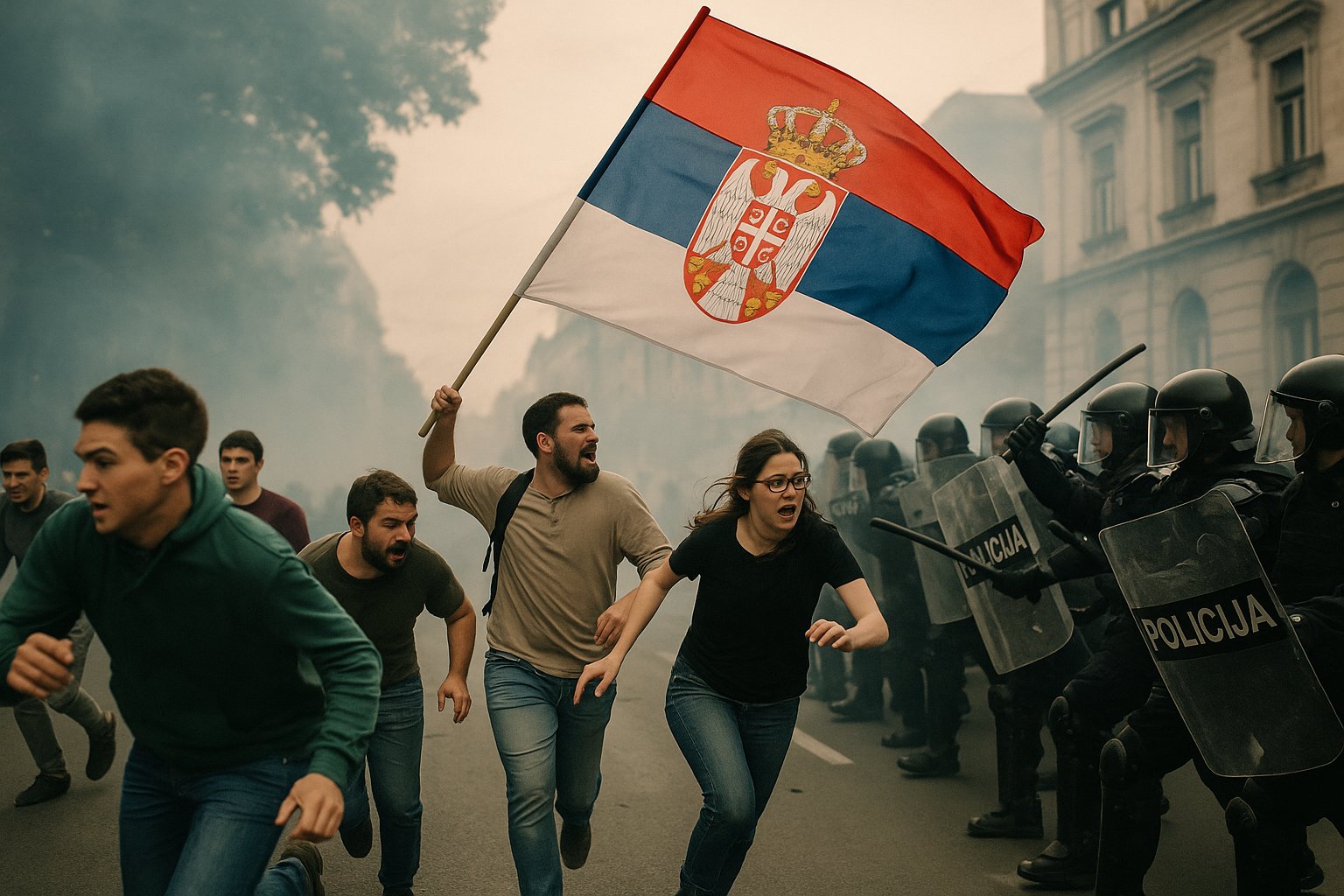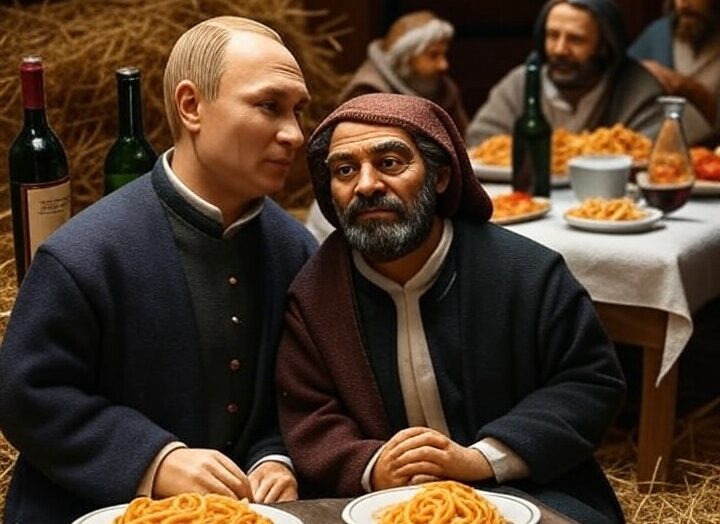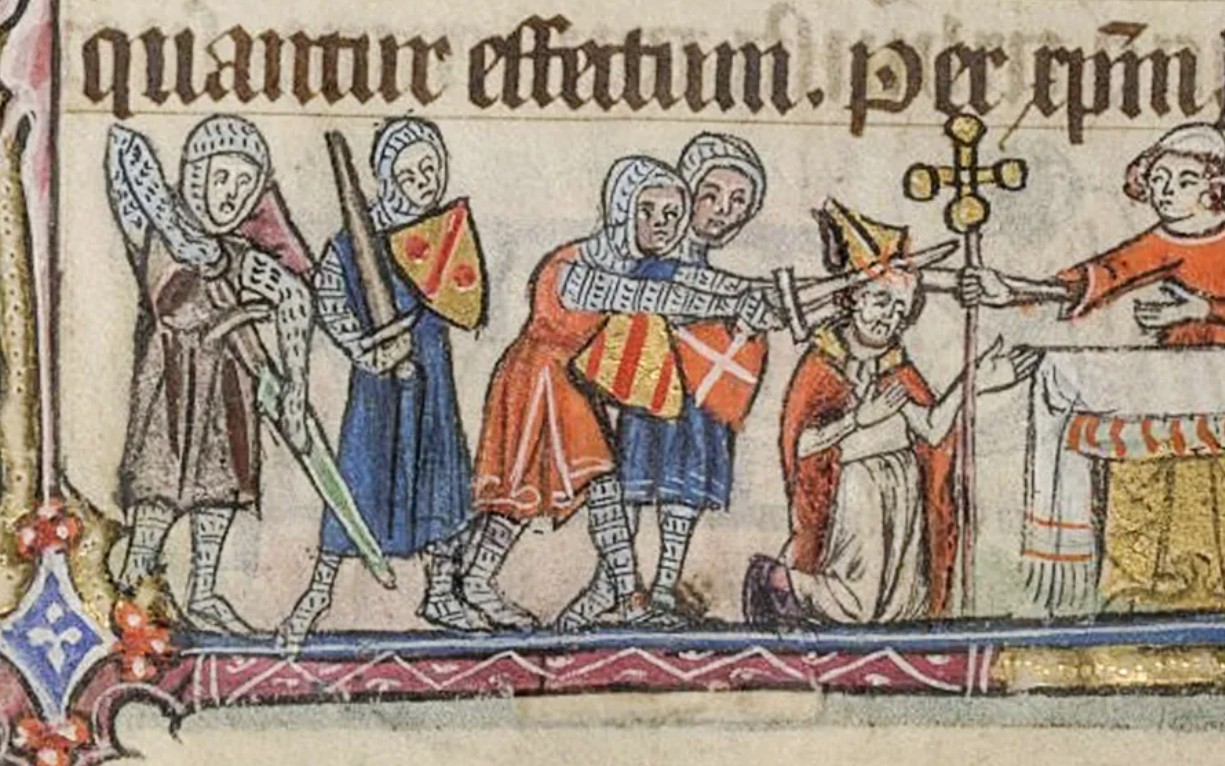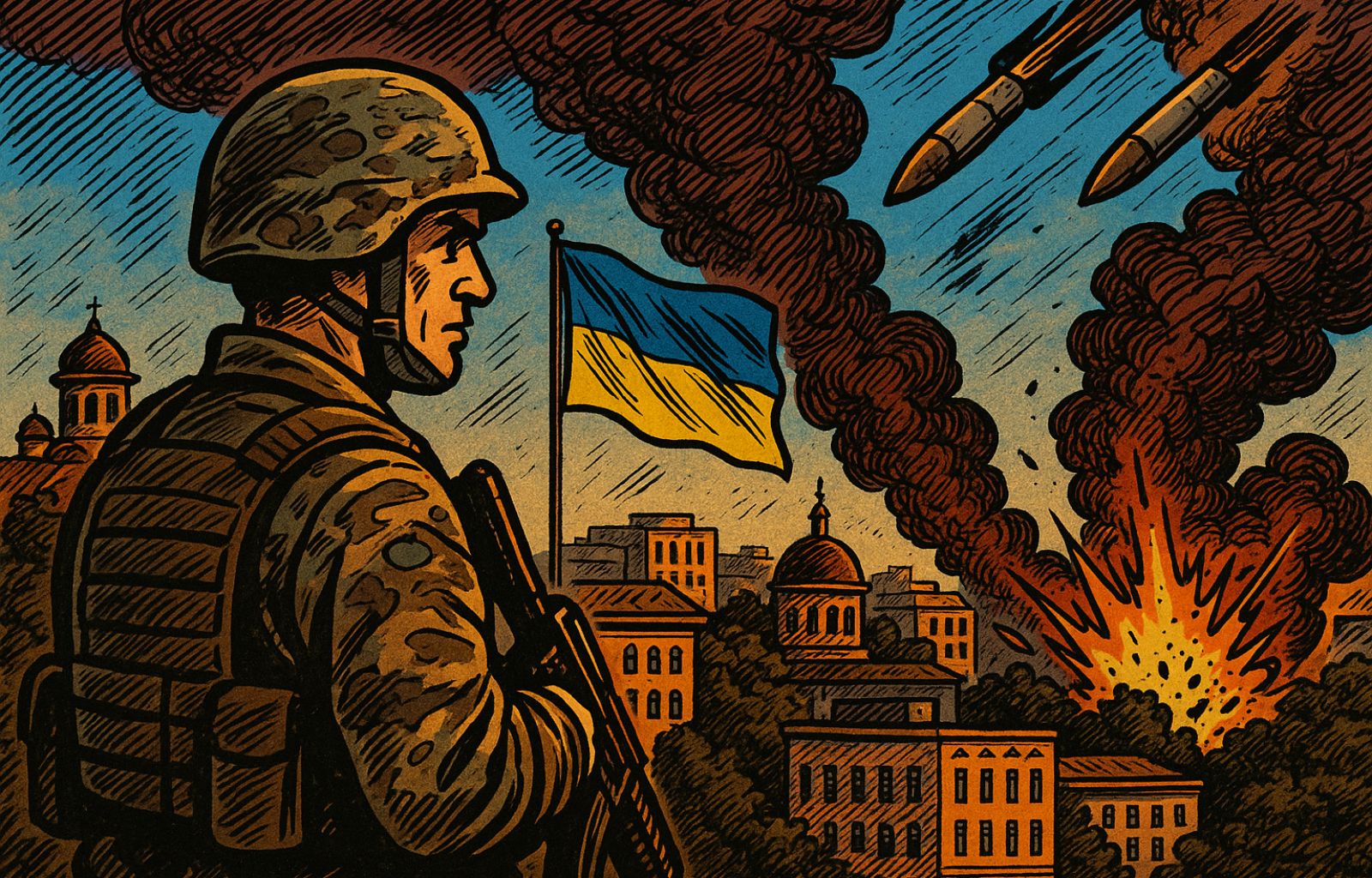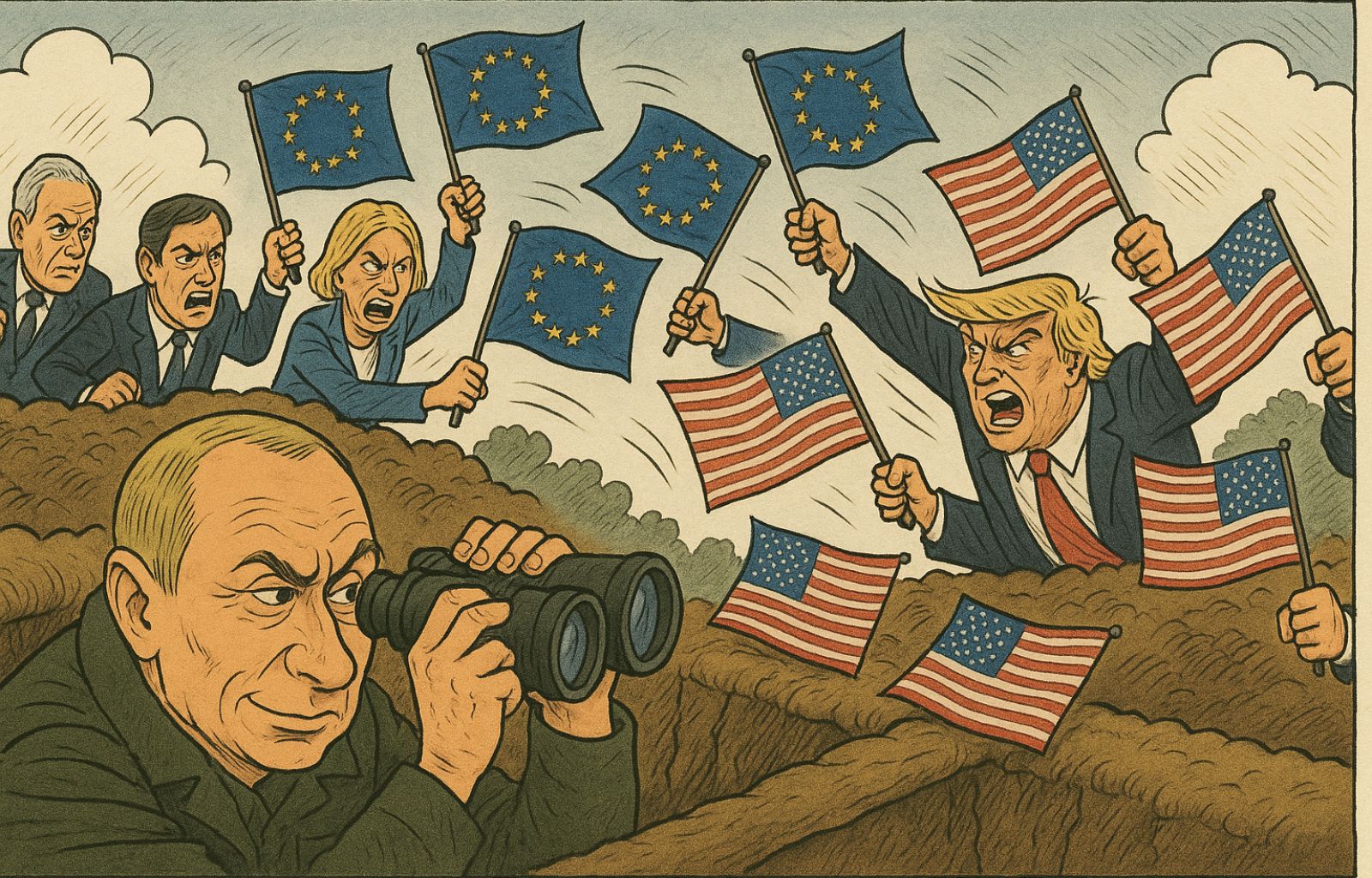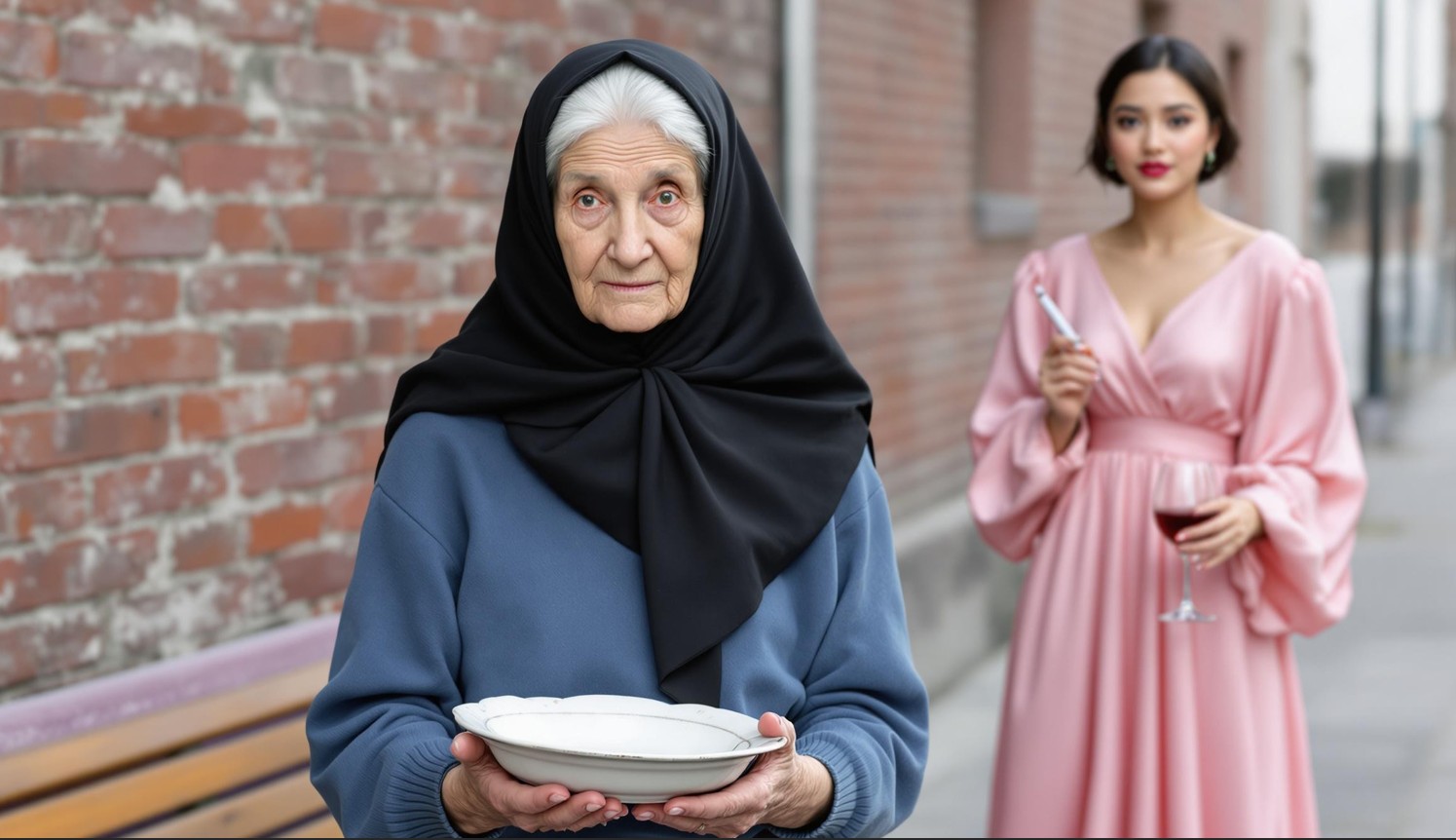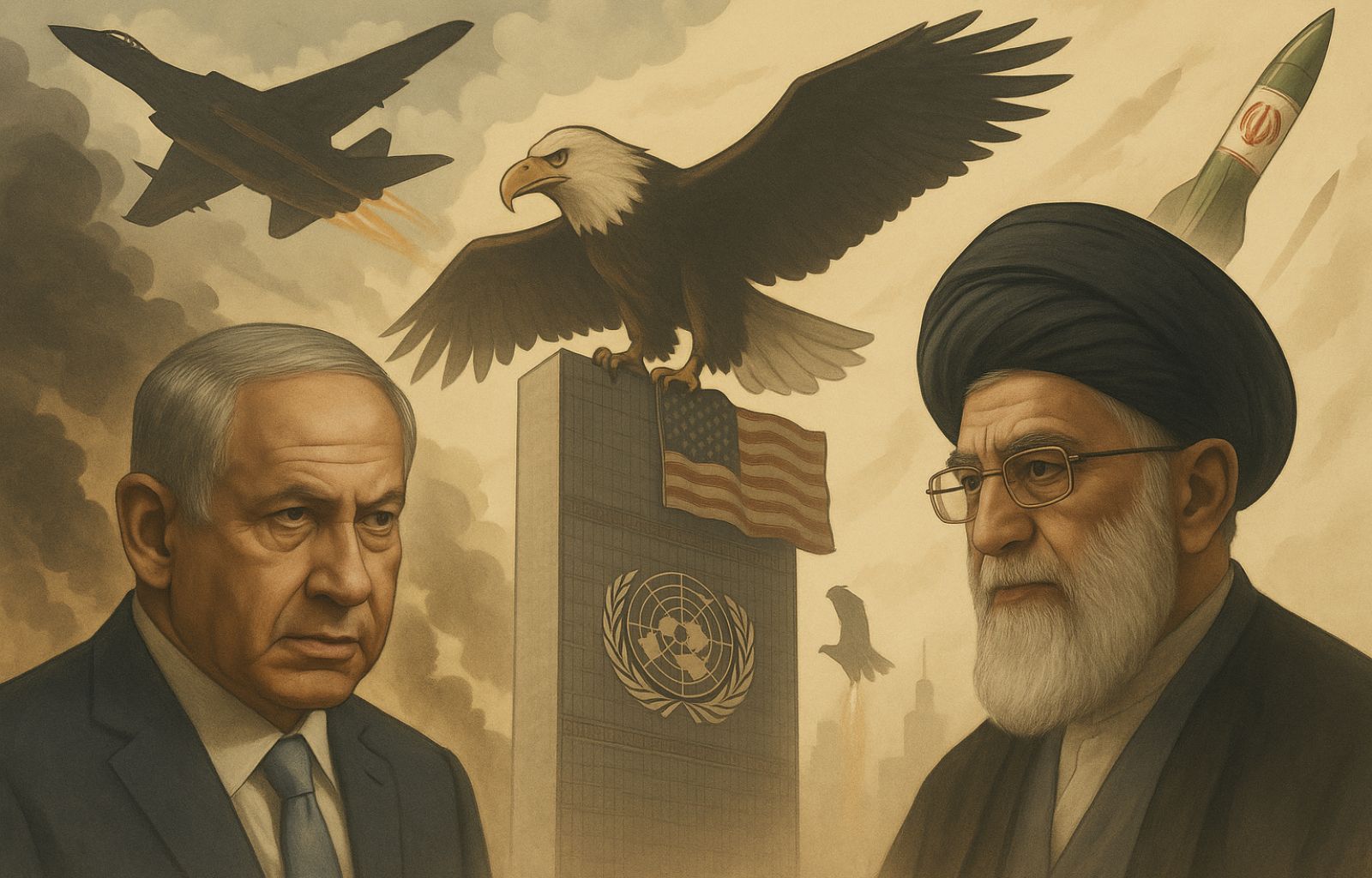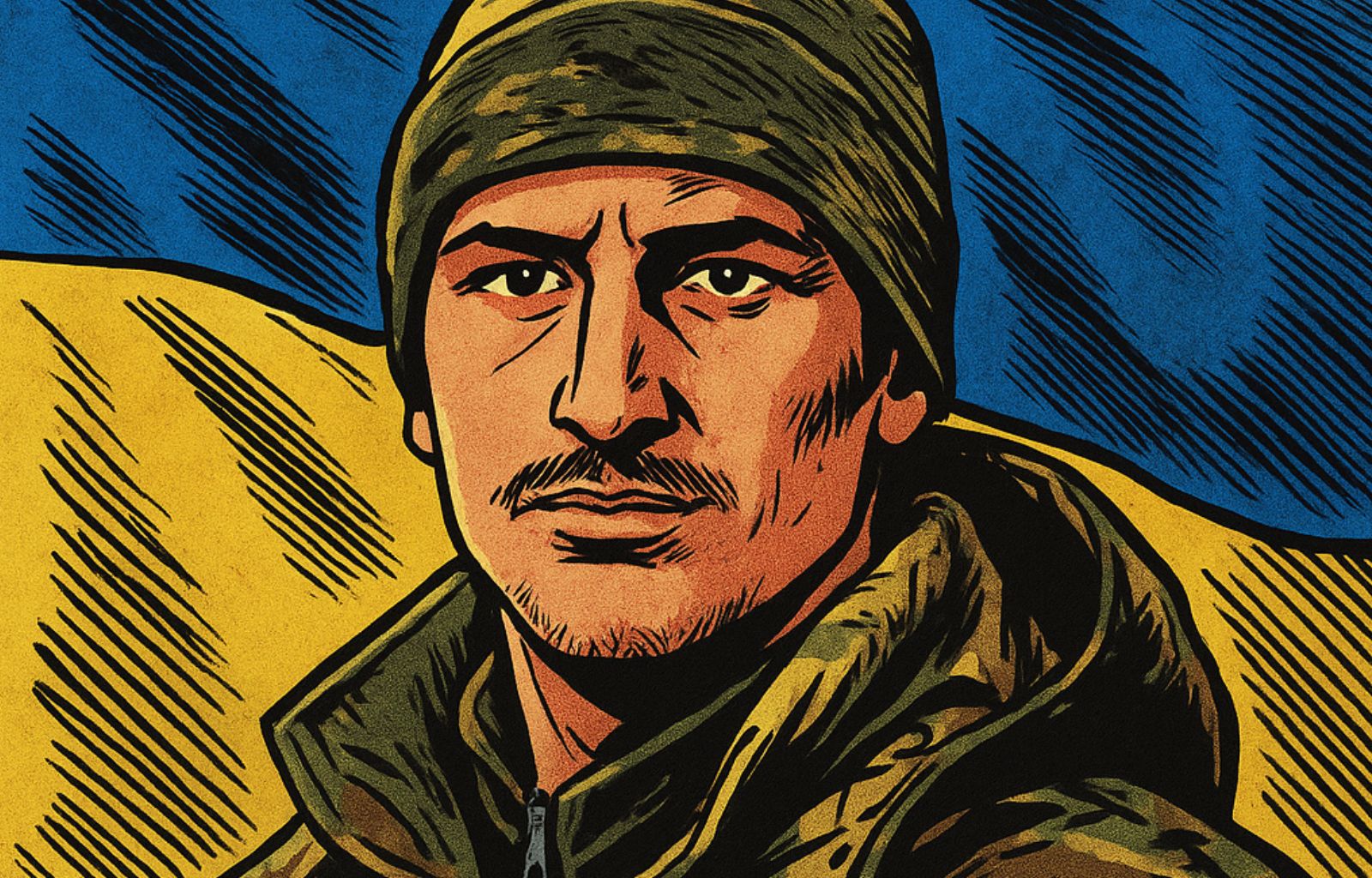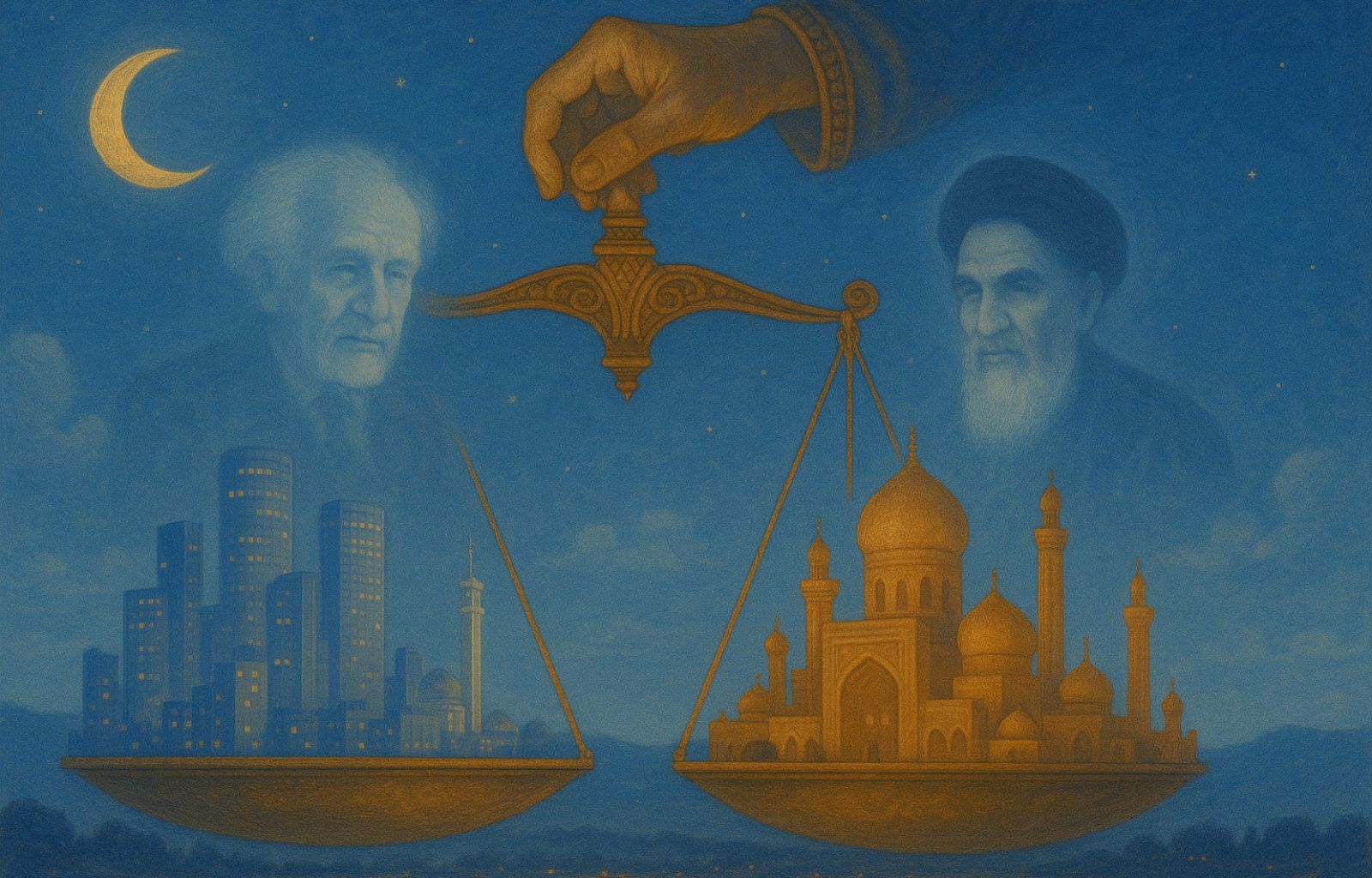Myroslav Gerasymovych, the Ukrainian poet who gave his life for Europe

The death of Miroslav Gerasymovych, Ukrainian poet and soldier, is a cry that resounds in the heart of our continent. Fallen on 29 November 2024 in the Donetsk region, a few days before his 57th birthday, Myroslav chose to embody the fate that poets often sing about, but rarely live. His is a story intertwined with that of a Europe that, amidst the rubble of an absurd conflict, struggles to remember that it is a dream, a utopia, a novel.
“On this earth, young and old,
Miroslav Gerasymovych
each of us will die one day.
Therefore consider it fortunate
If you have met your death,
In battle for the ashes of your ancestors,
The smoke of the native altars.”
A poet in the heart of war
Born in Lutsk in 1967, raised amidst the long shadows of the Soviet Union and the first lights of an independent Ukraine, Gerasymovych lived as a man who never allowed himself the luxury of indifference. A journalism graduate from Kyiv, a polished writer and screenwriter, he turned words into a weapon and refuge.
With the outbreak of war, Myroslav made a radical choice: he stopped narrating Ukraine in order to defend it. Not with metaphors, but with his body, with hands that until then had only caressed pens and papers. He volunteered in 2022, leaving a life of pages and silences to immerse himself in the din of bombs. But he never stopped writing.
His poems, born in the trenches, were not a simple war diary: they were songs of liberation, verses that recounted the sacrifice of an entire nation against the invader, turning pain and blood into hope. Myroslav spoke to the whole world, with the voice of one who knows that freedom is built in the mud and among ruins, and that poetry can be a sharper sword than any weapon.
A European Hero
Gerasymovych died in Donetsk, but his soul belongs to the whole of Europe. Because Europe, if it still has meaning, owes it to men like him: men who choose to believe in something greater than their time, their land, even their lives. His battle was not just for Ukraine, but for that fragile and sublime idea of freedom that spans the centuries and unites our diversity.
His poems were a manifesto of resistance and a call to memory. Each of his verses knew how to transform conflict into an act of collective redemption, a struggle not only for Ukraine but for that universal idea of human dignity that is at the very heart of the European dream.
Europe as a novel
Europe must stop thinking of itself as a geography or a bureaucracy. It must become a narrative, an interweaving of stories, a mosaic of characters and destinies converging in a single dream. Myroslav Gerasymovych is the symbol of this. His life and his death tell us that Europe is a poetic, not a political project. It is the desire of men and women to live united while remaining different, to build an invisible cathedral made of words, gestures and ideals.
If we do not learn to narrate Europe, we will lose it. Because only narratives survive wars, crises, disappointments. And poets are the keepers of these tales, the visionaries who see beyond the fog of the present.
The future belongs to those who imagine it
Today, we mourn Myroslav Gerasymovych as a European hero. But tomorrow, we must reap his legacy. His death calls us to imagine a future in which Europe will no longer be an empty word, but a living poem. And that future begins now, with the courage of those who, like him, believe that beauty and freedom are worth every sacrifice.
Myroslav recounted the war in his verses. The mud of the trenches, the fear of the night, the pain of losses became living matter in his hands, words that could redeem and unite. There was an awareness in him that the fight for freedom belongs not only to soldiers, but also to those who, like poets, can see beyond it.
Europe, in the end, will or will not be. It depends on us. It depends on who will have the courage to tell it as Myroslav Gerasymovych experienced it: with a pen in one hand and a rifle in the other. Because Europe is not just a place. It is an idea. It is a story. It is a dream that we must learn to dream again.

